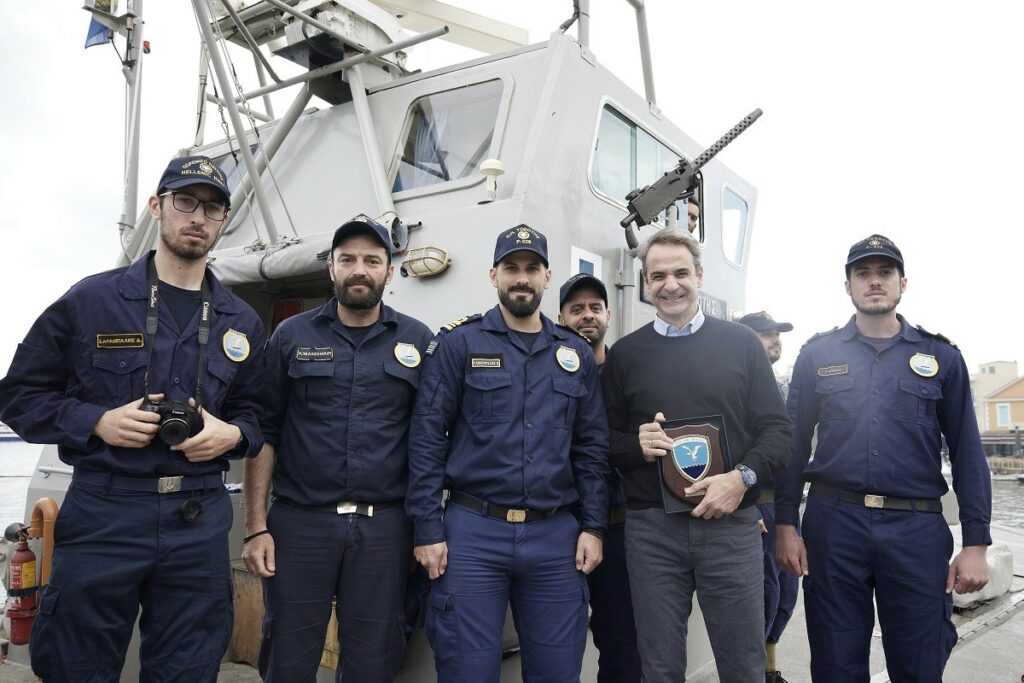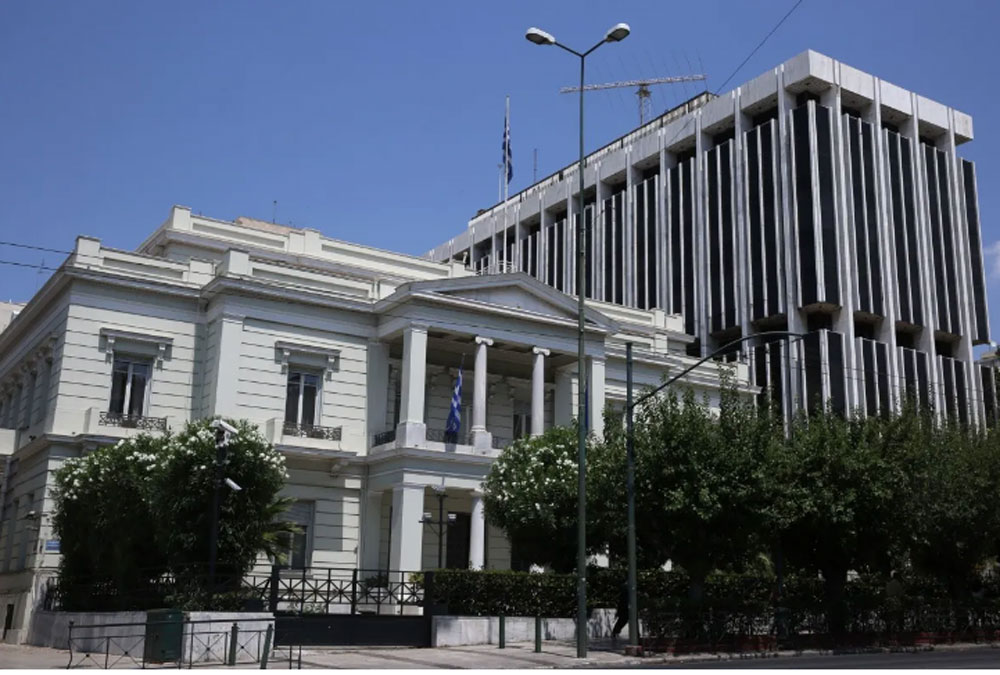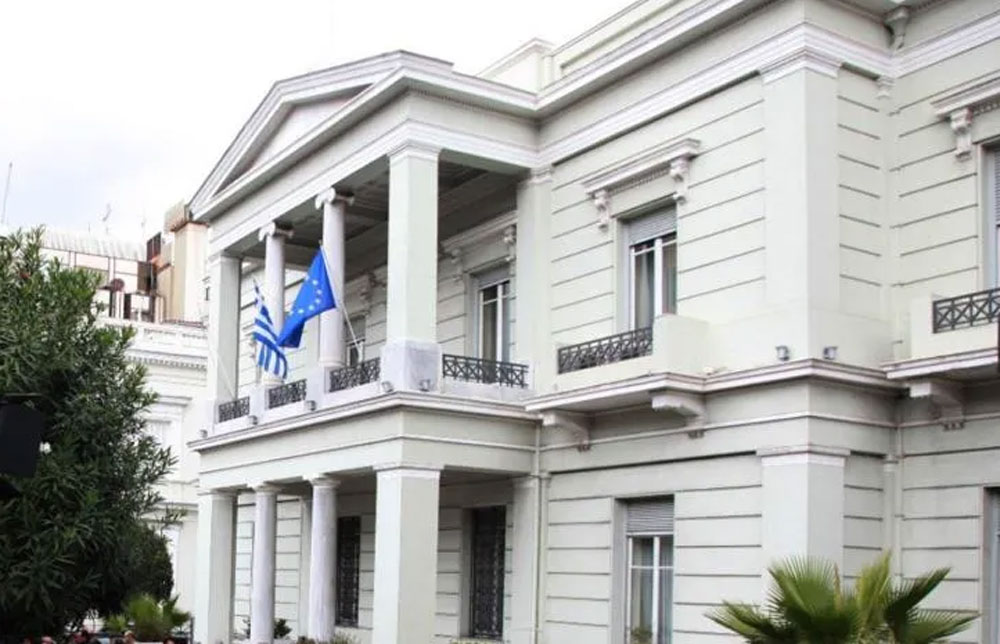
By Endy D. Zemenides
From Hero to Zero
At the beginning of this decade, Turkey was still the golden child of the West when it came to the Eastern Mediterranean and the Middle East.
It was the model for the democracies emerging out of the Arab Spring, it was a key transit point for Azerbaijani gas to reach Europe and help it alleviate its dependency on Russian energy, it was a diplomatic interlocutor on the Iranian nuclear issue and relations with Assad’s Syria. The US in particular was keen on celebrating then Turkish Foreign Minister Ahmet Davutoglu’s “zero problems with neighbors” foreign policy and to roll the dice by outsourcing leadership in the region to Ankara.
What a horrible gamble that was. Instead of providing an emboldened Arab middle class with the road map to building modern and pluralistic democracies, Erdogan’s Turkey emboldened Egypt’s Muslim Brotherhood – which immediately turned to shutting out the secularists and moderates that started the uprisings against Mubarak and to oppressing Coptic Christians. When the rest of its allies in NATO, the 5 permanent members of the UN Security Council and the entire EU (which Turkey wants to be part of) found unanimity on sanctions against the Iranian nuclear program, Turkey opposed them. Erdogan went from double dating with Assad to drawing a red line (and getting the US to join him in the demand) over Assad giving up power in Syria, in effect formulating a Western policy that delayed a political solution, made the civil war in Syria worse – with a humanitarian catastrophe and the rise of ISIS the result. Not content with being the transit point for alternatives to Russian gas, Turkey made a deal for Russian gas to traverse Turkish territory as well.
Despite the blood and treasure the US wasted constructing a new Iraq, there was Turkey once again, doing its best to exploit internal fissures between the Kurds and Baghdad. Turkey surprised many – but not me – by going from ally of Israel to patron of Hamas. Of course, Turkey also maintained the constants in its foreign policy – continuing its occupation of Cyprus, its blockade of Armenia, and its Greek airspace violations (over 7,000 of them). The Erdogan/Davutoglu braintrust transitioned quickly from “zero problems with neighbors” to “zero neighbors without which we have problems.” Quite the model of regional stability. One must wonder if all the calls President Obama had with Erdogan during his first term (more than any other foreign leader) inspired such exemplary leadership out of Ankara.
The Return of the Prodigal Son
Now the great rehabilitation of Turkey – or at least its image – is upon us. For about one year, everyone had seemed to finally wise up to what a fraud Erdogan was. Turkey’s apologists in the US and Europe were speaking up about the treatment of journalists and women. The pro-Israel community pushed back against Turkey’s demands regarding Gaza by reminding Ankara of its 41-year occupation of Cyprus. The Kurds, criminally neglected by Turkey’s Western allies for too long, became more popular than ever. But dreams of replacing the Putinesque Erdogan and his authoritarian and nationalistic AKP culture with an alliance of Turkish secularists, Kurds and former moderate allies of Erdogan collapsed this fall. The pendulum has now swung back, and the consensus from Washington, D.C. to Brussels to Berlin to Jerusalem is that Erdogan’s Turkey can once again be treated as a constructive partner.
There has been no change in policy by Ankara that justifies this consensus. Ironically, circumstances caused by Turkey’s bad behavior have created opportunities for cooperation. The renewed EU/Turkey courtship can be directly traced to Turkey allowing it borders to be a sieve for refugees and economic migrants escaping to Europe, creating domestic crises in Germany and elsewhere. Then Turkey overplayed its hand in Syria and shot down a Russian jet, raising the prospect of Moscow (Turkey’s #1 supplier of natural gas) using energy as a weapon against it. All of a sudden, rapprochement with Israel sped up with many of Turkey’s preconditions for the restoration of relations dropped.
Maybe now was the right time for new initiatives with Turkey; maybe these moves are part of a larger regional strategy. Yet these two specific deals with Turkey reek of opportunism by Ankara and have a tactical – rather than strategic – feel when considered from the European or Israeli sides. That Turkey has not stemmed the flow of refugees, continues its violation of Greek airspace and harassment within Cyprus’ Exclusive Economic Zone, sends troops into northern Iraq without the permission of Baghdad (Turkey is after all an expert at invasion), and puts pro-Muslim Brotherhood preconditions on reconciliation with Egypt casts serious doubt about its willingness and ability to serve as a stabilizing factor in the region.
The US, the EU and Israel are all playing with fire by reviving their frayed relationships with Ankara without any adjustments that would acknowledge that the fundamentals of those relationships have changed. Turkey – with its energy needs, current account deficit, and facing an increasingly volatile Kurdish question – needs allies in the West more than ever. Unfortunately, it doesn’t seem that the West knows how to exercise that leverage and truly turn Turkey in a more positive direction. Turkey has been clearly exposed as the spoiled child. The key question is whether Washington and Brussels will continue playing the overly permissive parents.
http://hellenicleaders.com/blog/tread-carefully-turkey/#.VnXdN4-cGUk

